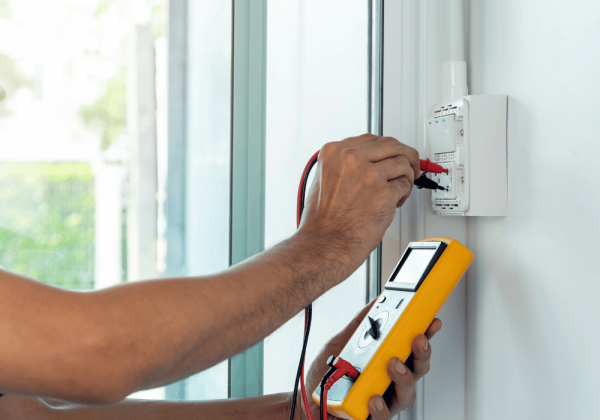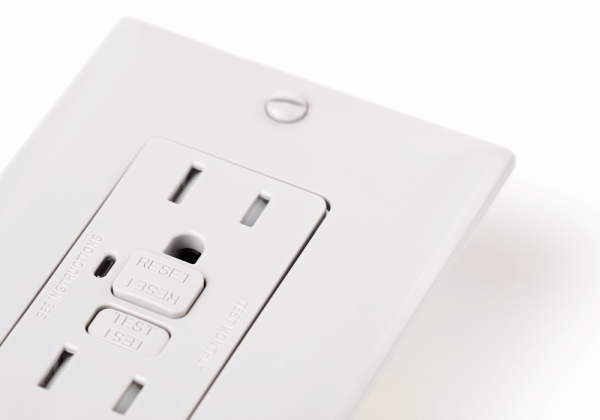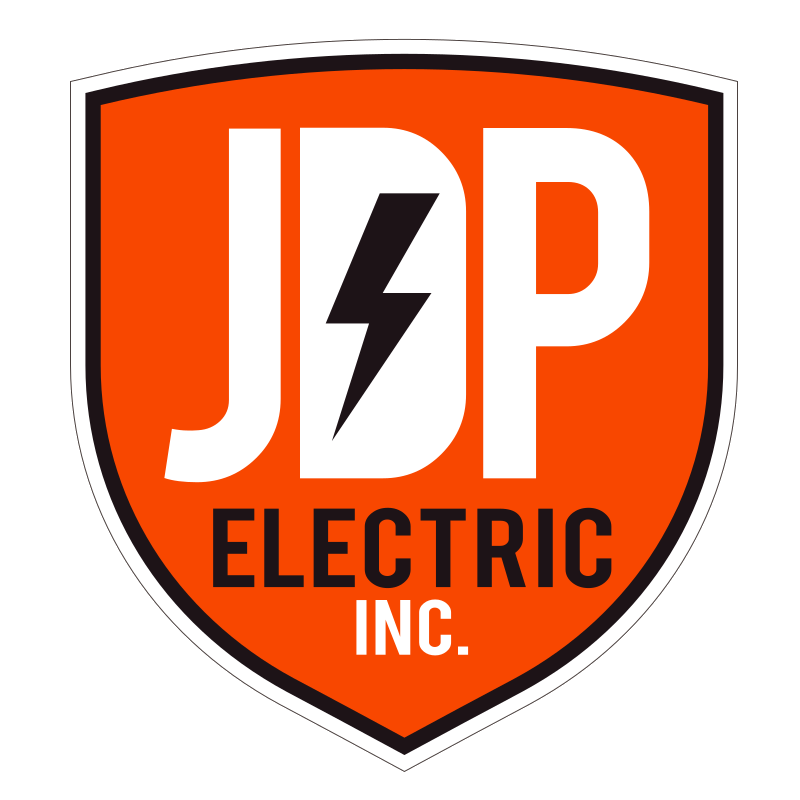Electrical inspections are a critical component of ensuring the safety and functionality of your home or business’s electrical systems. Every day, Canadians rely on electricity for everything from heating and lighting to powering essential appliances, but few stop to think about the infrastructure behind it all. Regular inspections not only keep your systems running smoothly but also protect you from potential hazards, costly repairs, or legal issues. This guide will walk you through everything you need to know about electrical inspections, including their importance, what to expect, how to prepare, and more.
Introduction to Electrical Inspections
 An electrical inspection is a comprehensive evaluation of the electrical systems and components in your property. Conducted by a licensed electrician or electrical inspector, these assessments ensure that your system complies with established safety standards and codes. Whether you’re moving into a new property, undergoing renovations, or simply taking proactive steps, inspections are designed to identify potential hazards, such as outdated wiring, overloaded circuits, or improperly installed equipment.
An electrical inspection is a comprehensive evaluation of the electrical systems and components in your property. Conducted by a licensed electrician or electrical inspector, these assessments ensure that your system complies with established safety standards and codes. Whether you’re moving into a new property, undergoing renovations, or simply taking proactive steps, inspections are designed to identify potential hazards, such as outdated wiring, overloaded circuits, or improperly installed equipment.
The scope of an electrical inspection covers every aspect of your system, from the main service panel and wiring to outlets, switches, and appliances. Inspectors look for signs of wear, damage, or improperly executed installations that may compromise safety. Think of it as a health check-up for your electrical system, providing peace of mind that everything is functioning as it should and minimizing the risks of electrical fires or outages.
Electrical inspections also play a key role in ensuring compliance with local building codes and permitting requirements. For those embarking on new construction or renovation projects, inspections are mandatory during various phases. They ensure all work meets legal standards and that your property receives the necessary certifications before occupancy.
Why Electrical Inspections Are Important
The importance of electrical inspections cannot be overstated, as they directly impact the safety of your home or workplace. Electrical issues are among the primary causes of house fires, and many of these tragedies are preventable with regular inspections. By identifying problems like faulty wiring or overloaded circuits early on, inspections significantly reduce the risk of electrical fires, shocks, or other hazardous incidents.
Beyond safety, inspections help maintain the efficiency and reliability of your electrical system. For example, aging wiring, poorly maintained panels, or malfunctioning components can lead to frequent power surges, higher energy bills, or system failures. Identifying and repairing these issues early helps maintain optimal performance and prevents costly breakdowns.
Lastly, electrical inspections contribute to the value and marketability of your property. When selling a home or commercial building, prospective buyers will appreciate knowing that the electrical system has been professionally inspected and certified. A history of regular inspections indicates that the property has been well-maintained, providing reassurance and potentially improving your bargaining position.
What Happens During an Electrical Inspection
During an electrical inspection, a qualified inspector performs a detailed examination of the property’s entire electrical system, checking for compliance with safety standards and local codes. The process typically starts with an evaluation of the main electrical panel, which serves as the central hub for power distribution. Inspectors will check for loose connections, proper grounding, and correct amperage ratings to ensure the panel can handle the property’s electrical load safely.
Next, the inspector will inspect the wiring throughout the property for signs of damage, deterioration, or improper installation. This includes checking for exposed wires, outdated materials like knob-and-tube wiring, or circuits that have been improperly modified. Outlets and switches are also tested for functionality, grounding, and secure connections. Any GFCI (Ground Fault Circuit Interrupter) outlets, which are mandatory in areas like kitchens and bathrooms, are evaluated for proper operation.
Another critical aspect of the inspection is testing electrical appliances and fixtures, such as lighting, fans, and HVAC systems, to ensure they are operating efficiently and safely. Depending on the property’s age, the inspector may also verify whether smoke detectors, carbon monoxide alarms, and other safety devices are properly installed and functional. At the end of the inspection, you’ll receive a detailed report highlighting any issues that need to be addressed, along with recommendations for repairs or upgrades.
How to Prepare for an Electrical Inspection
 Preparing for an electrical inspection can streamline the process and make it easier to address any issues that may arise. Start by ensuring that the electrical panel is easily accessible; clear away any obstacles or clutter that could hinder the inspector’s ability to perform their work. Providing sufficient lighting in areas like basements or garages where the panel is located can also be helpful.
Preparing for an electrical inspection can streamline the process and make it easier to address any issues that may arise. Start by ensuring that the electrical panel is easily accessible; clear away any obstacles or clutter that could hinder the inspector’s ability to perform their work. Providing sufficient lighting in areas like basements or garages where the panel is located can also be helpful.
Check that all outlets, switches, and electrical fixtures are securely mounted and functioning properly before the inspection. If there are issues like faulty light bulbs, flickering lights, or loose connections, it’s a good idea to address them beforehand. Testing smoke detectors, carbon monoxide alarms, and GFCI outlets to ensure they are operational can further demonstrate your commitment to safety and compliance.
For those undergoing inspections as part of a renovation or new construction project, make sure all permits and building plans are readily available for the inspector’s review. If you’re working with an electrician, consult with them beforehand to identify any potential code violations or incomplete work. Taking these steps helps ensure the inspection process goes smoothly and minimizes the risk of unexpected delays or complications.
Common Electrical Code Violations
Electrical code violations are among the most common issues identified during inspections, and they can pose serious safety risks if left unaddressed. One of the most frequently encountered violations is outdated wiring, which is still present in older properties. Knob-and-tube wiring, aluminum wiring, and undersized electrical wiring often fail to meet modern safety standards and should be replaced.
Another common violation is the absence of GFCI outlets in areas where water is present, such as kitchens, bathrooms, and outdoor spaces. GFCI outlets are designed to prevent electrical shocks by quickly shutting off power when a ground fault is detected. Their absence not only violates code requirements but also jeopardizes the safety of occupants.
Improperly installed or overloaded circuits are another widespread issue, particularly in properties where unqualified individuals have performed DIY electrical work. Overloaded circuits can lead to overheating and potential fire hazards, while improper installations can cause electrical failures or damage to equipment. Regular inspections help detect and resolve these violations, ensuring your system remains safe and code-compliant.
Choosing a Qualified Electrical Inspector
Selecting a qualified electrical inspector is crucial for ensuring a thorough evaluation and accurate assessment of your property’s electrical system. Begin by verifying that the inspector is licensed and certified in your province or territory, as this ensures they meet the necessary professional standards. Ask about their experience and expertise, particularly if your property has unique requirements or features, such as a commercial space or historic building.
When choosing an inspector, consider reading reviews or seeking recommendations from trusted sources, such as friends, family, or accredited organizations like the Electrical Safety Authority (ESA). A reputable inspector should also provide a clear breakdown of their services, outlining what is included and any fees associated with the inspection.
Finally, don’t hesitate to ask questions about their process and what you can expect during the inspection. A qualified inspector should be transparent, communicative, and willing to address any concerns you may have, helping you feel confident in their ability to ensure the safety and compliance of your electrical system.
The Cost of Electrical Inspections
The cost of an electrical inspection can vary depending on factors like the size of your property, the scope of the inspection, and your location. On average, homeowners can expect to pay between $150 and $300 for a standard inspection of a single-family home, though this price may increase for larger properties or more complex systems.
While the upfront cost may seem significant, it’s important to consider the potential savings from identifying and addressing issues early on. Electrical problems that go unnoticed can lead to costly repairs, damage to property, or even safety hazards. An inspection can save you thousands of dollars in the long run by preventing these issues and ensuring your system remains efficient and reliable.
Additionally, some insurance companies and utility providers offer discounts or incentives for conducting regular inspections. Be sure to check with your provider to see if you qualify for any benefits that can help offset the cost.
Benefits of Regular Electrical Inspections
Regular electrical inspections offer numerous advantages for homeowners and business owners alike. One of the most significant benefits is enhanced safety, as inspections help identify and resolve potential hazards before they become serious issues. This proactive approach protects your property, your family, and your employees from electrical fires, shocks, and other dangers.
Inspections also contribute to the longevity and efficiency of your electrical system. By addressing wear and tear, outdated components, or improper installations, you can ensure your system operates at peak performance, reducing energy costs and minimizing the risk of unexpected failures. For businesses, this can lead to increased productivity and profitability, as reliable electrical systems are essential for uninterrupted operations.
Finally, regular inspections provide peace of mind, knowing that your property is compliant with safety standards and local codes. Whether you’re planning to sell, renovate, or simply maintain your property, having up-to-date inspection records demonstrates your commitment to maintaining a safe and functional space.
Electrical inspections are not just a necessary chore; they are an essential investment in the safety, efficiency, and longevity of your property. Whether you’re a homeowner or running a business, taking the time to schedule regular inspections and address any issues can save you money, protect your assets, and provide peace of mind. By understanding the importance of inspections, what to expect, and how to prepare, you’ll be better equipped to safeguard your property and those who rely on it. For more information or to schedule an inspection with our certified professionals, contact JD Patrick Electric today.

